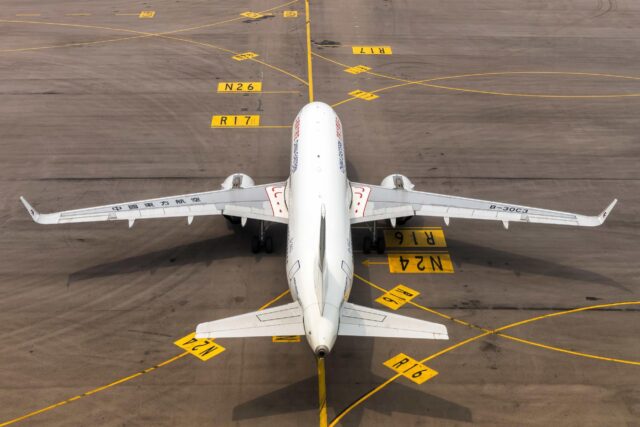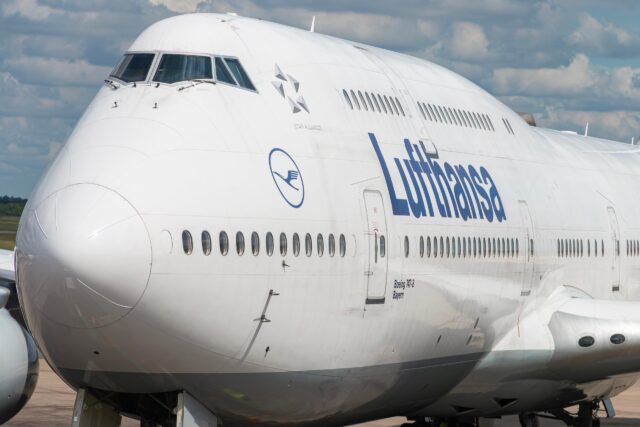US Department of State Resolves Export Violations by RTX Corporation
September 9, 2024

On 30 August 2024, the US Department of State announced that it had concluded a US $200 million administrative settlement with RTX Corporation to resolve 750 violations of the Arms Export Control Act, and the International Traffic in Arms Regulations (ITAR). The settlement followed an extensive compliance review by the Office of Defense Trade Controls Compliance in the Department’s Bureau of Political-Military Affairs.
RTX failed to establish proper jurisdiction and classification, resulting in unauthorized exports of defense articles, including classified articles. RTX employees inadvertently divulged technical secrets and traded in aerospace components pertaining to nearly every major aircraft and missile system in US military service including the the F-22 Raptor, F-35 Lightning II, the B-2 Spirit stealth, and the VC-25 (Air Force One). This was undertaken without appropriate authorization from the Department, and sometimes via hand-carry of work laptops to proscribed destinations, where cyber espionage resulted in the compromise of some ITAR-controlled data to China, Russia, and Iran.
Between August 2017 and August 2022, Raytheon reportedly exported parts, components and technical data relating to the Tomahawk LACM, RIM-162 ESSM (Evolved Sea Sparrow Missile), RIM-116 Rolling Airframe Missile, SM-2 and the Paveway-1 LGB (Laser Guided Bomb) without authorisation. These unauthorised exports were made to Australia, Belgium, Canada, France, Germany, Greece, Israel, Japan, Mexico, the Netherlands, the Republic of Korea, Saudi Arabia, Singapore, Sweden, Turkey, the UAE and the UK.
RTX-owned Collins Aerospace (formerly Rockwell Collins), was responsible for the majority of violations, and for the most egregious violations, primarily when supplying technical data to the PRC to facilitate the procurement of sub-components from Chinese companies. This was said to be the result of pervasive ITAR compliance weaknesses and historical systemic failures at Rockwell Collins.
RTX informed the Department that in 2021 and 2022, its facility at Cedar Rapids in Iowa had exported technical data relating to the E-3 Sentry AWACS and the KC-390 Millenium medium transport aircraft to Chinese FPE (Foreign Person Employees). In January 2023, RTX exported technical data relating to an F-22 aluminum display housing to two Chinese FPEs at the Collins’ facility in Shanghai.
There were also two cases of importing and integrating thousands of Chinese-manufactured circuit cards and thousands of PWBs (Printed Wiring Boards) into multiple US and partner military platforms, including the A-10 Thunderbolt II, B-1B Lancer, B-52 Stratofortress, C-17 Globemaster III, C-130J Super Hercules, CH-53 Stallion helicopter, F-15 Eagle, F-16 Fighting Falcon, F/A-18 Hornet, KC-46 Pegasus, KC-130, KC-135 Stratotanker, MQ-4 Triton UAV, MQ-8 Fire Scout helicopter UAV, MQ-9 Reaper UCAV, MQ-25 Stingray, P-8 Poseidon and VC-25.
RTX disclosed all of the alleged violations voluntarily, and co-operated with the review, implementing numerous improvements to its compliance programme. $100 million of the penalty was suspended, on condition that the funds would be used for remedial compliance measures approved by the Department, and that an external Special Compliance Officer will be appointed to oversee the Consent Agreement. Additional compliance measures will also be required together with at least one external audit of RTX’ss ITAR compliance
















